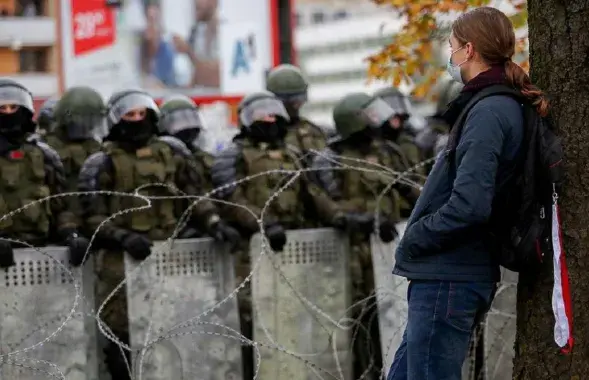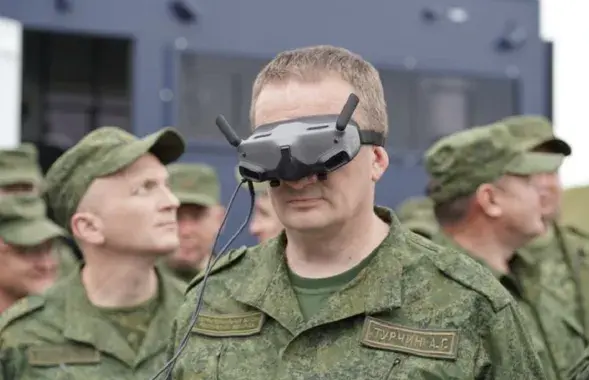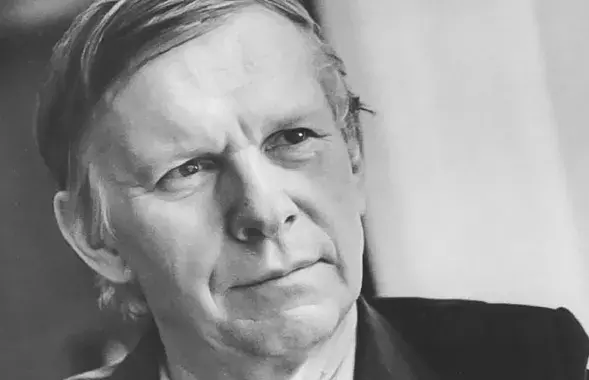More money for state TV and radio in Belarus' budget 2020 draft

pexels.com
The draft budget for 2020 aims to increase spending on agriculture, housing and public utilities, health care, industry and transport financing. The money spent on the judiciary, law enforcement and security will increase insignificantly: from 2.31 billion rubles to 2.47 billion rubles.
Healthcare spending is proposed to be increased by 17.7%, from 1.01 to 1.2 billion rubles. At the same time, the financing of medical care directly to the population will increase by 15%, up to 575 million rubles.
It is also proposed to increase social policy expenditure by 6% to 2.016 billion rubles and to increase spending on pensions for servicemen -- they will grow by 4% to 1.1 billion rubles. But the assistance amount in the housing area will be reduced by 14.5%, to 260 million rubles. At the same time, assistance to families raising children will be increased by 1.5% to 348 million.
Increased spending on agriculture and industry
It is proposed to increase the financing of agriculture and fishery at once by 34%, from 499 to 670 million rubles.
At the same time, the share of agricultural enterprises financed from the budget will amount to only 43.7 million rubles. But the expenses for the development of agricultural production, fish breeding and processing of agricultural products will increase twofold, from 139 to 284 million rubles.
The draft proposes a 5-fold increase in the cost of housing and communal services. At the same time, the financing of the housing and communal services itself will increase only by 40%, up to 13.6 million rubles. But the costs of "other items in the area of housing and communal services" will increase 5.3 times, from 91.9 to 488.5 million rubles.
It is proposed to increase the financing of industry, construction and architecture by 13.5%, from 963.2 million to 1.093 billion rubles. At the same time, it is the industry costs that have been reduced by 10.4% to 15.5 million rubles. The financial support of construction and architecture has been increased by 3.6% to 2.9 million rubles. At the same time, the financing of "other items in the field of industry, construction and architecture" increased by almost 14%. It is planned to spend 1.074 billion rubles on this expense item.
Culture: reduced financing of "art", increased spending o "cinema"
The total financing of culture will decrease by 5.3 million rubles. The expense item of "culture and art" will suffer most of all, with its support being reduced by 4,69 %, to 121 million rubles. But the financing of cinematography increased by 530 thousand rubles, and now the planned spending is 12.1 million.
Reduced communication costs
Fuel and energy spending will be reduced by 12.6%, from 402 to 351 million rubles. In particular, the financing of construction and reconstruction of engineering infrastructure facilities for residential areas is to be reduced.
The expense item of "communication" will be strongly affected. Here it is offered to reduce the financing by 40%, from 14.6 to 8.9 million rubles.
Education: less money for secondary education, more money for higher education
Total funding for education in 2020 is proposed to be increased by 129 million rubles. Spending on higher and postgraduate education will increase by 90 million rubles. The items called "other issues in the field of education" will get additional financing by 48.9%, up to 94.1 million rubles. Secondary professional education will probably get 10.9 million more than in 2019.
However, secondary education may lose 12.7 million rubles compared to 2019. Will the difference in funding have to be covered by parents again?
Media: more money for TV and radio
The financing of the state mass media is to be increased by 12.5 million rubles. Most of which will go to television and radio. The total spending on them will amount to 142.7 million rubles, which is 10% more than in 2019.
Compared to these figures, the costs of print media and publishing houses do not seem to be serious. In 2020, only 7.2 million roubles are planned to be allocated to finance them, a total of 450,000 roubles more than in 2019.



















